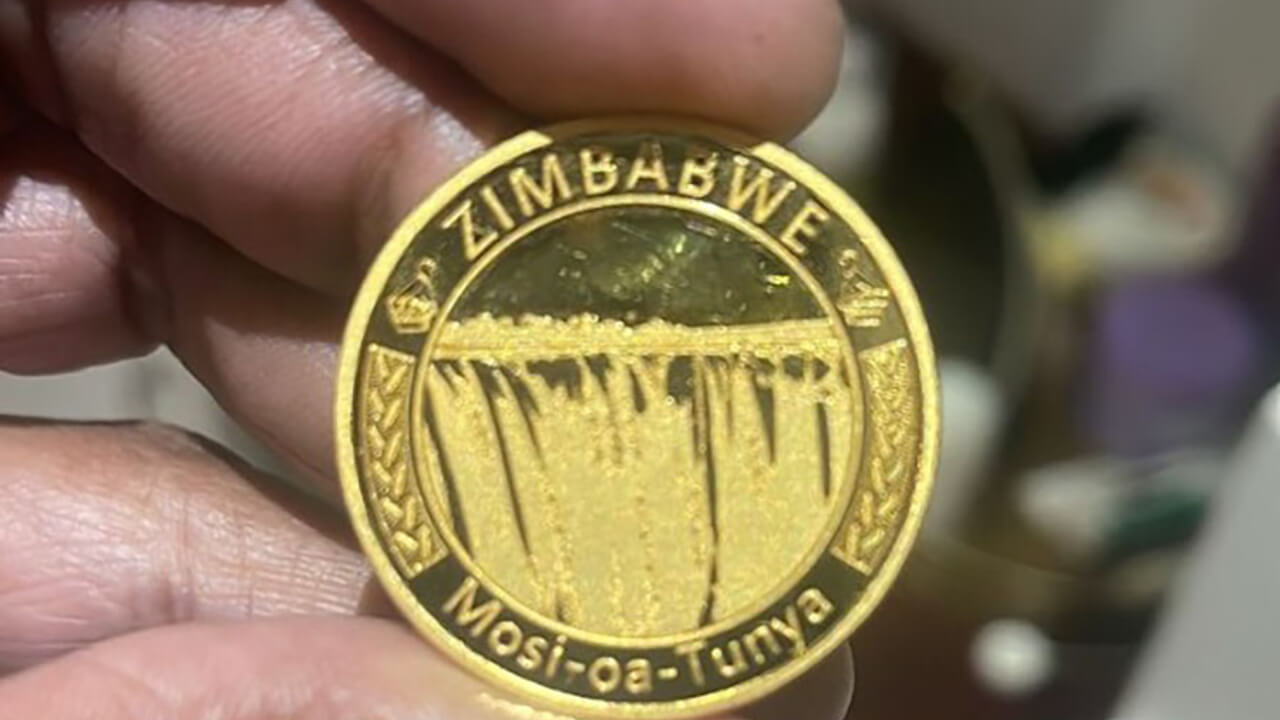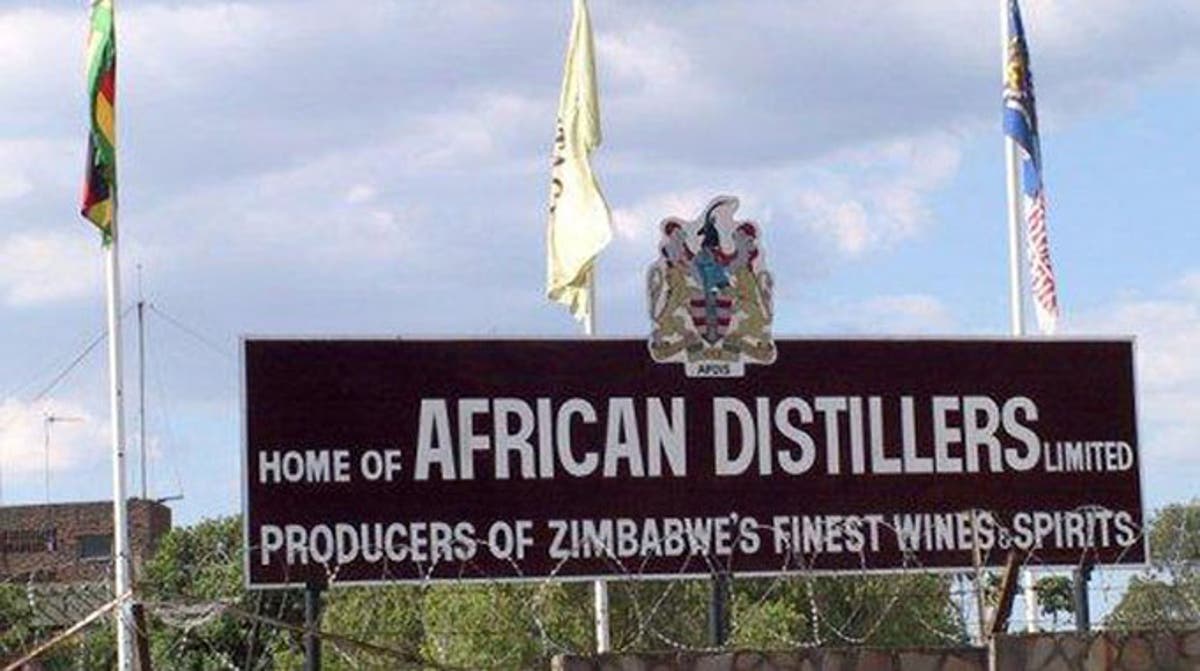Firms urged to intensify value addition of minerals, commodities
ZIMBABWEAN firms need to intensify efforts to add value to the country’s mineral wealth and other commodities that the country produces in abundance to enhance economic growth.
National Competitiveness Commission Executive Director Mr Phillip Phiri revealed this at the recently held POSB exporters conference, which ran under the theme “Innovation and Strategies for Transforming Zimbabwe’s Export Competitiveness and Growth.”
Mr Phiri emphasised the importance of moving beyond exporting raw materials and instead, focusing on value addition to boost earnings and create jobs.
The country has been exporting its endowments in raw form, including minerals such as lithium, which has gained prominence in recent years due to the global shift towards clean energy.
However, experts believe that Zimbabwe can increase its mineral exports from the current US$6 billion to US$35 billion by adopting a mine-to-factory model and setting up processing plants.
This would not only increase earnings but also create more jobs and contribute to the country’s economic growth.
On the other hand, the tobacco sector is another area that stands to benefit from intentional value addition.
Currently, the sector earns around US$1 billion, but experts believe that with value addition, it has the potential to grow to US$5 billion.
Tobacco has multiple uses, including in the pharmaceutical industry, where it is used to make insulin, a critical product given the growing prevalence of diabetes globally.
“There is a need for big companies to start diversifying and looking at mine-to-factory models. We need to start thinking more of value addition.
“Imagine if the US$1 billion we currently get from tobacco is converted to US$5 billion after value addition. Also imagine adding value to our current mineral exports from US$6 billion to US$35 billion exports,” said Mr Phiri.
He said by forging partnerships and adding value to raw materials, Zimbabwe can improve its GDP and create more revenue for the fiscus.
This, in turn, can help the country transform and become an upper-middle-income economy.
According to Mr Phiri, local companies should take the lead in driving this transformation by exploring new ways to add value to the country’s natural resources and commodities. He said doing so would unlock new opportunities for economic growth and development.
RBZ Deputy Director Exports and Diaspora Remittances, Mr Dennis Chirata, said the private sector and Government need to develop critical strategies and add value to products in which the country has a comparative advantage, for much-needed GDP growth.
“We are so much endowed in terms of mineral wealth and our tobacco does well on the international stage; we just need to find mechanisms and add value, and that alone will catapult our GDP growth,” said Mr Chirata.
In a speech delivered at the event by Divisional Director-Corporate and Investment Banking, Mr Farai Chirikure, POSB chief executive Garainashe Changunda said Zimbabwe has the potential to compete globally, but needs to innovate, invest in quality, and form strategic partnerships to stay ahead of the curve.
“As POSB, we believe the country has what it takes to compete on the global stage. But we must innovate and be ahead of the game.
“We must invest in quality, in compliance, in logistics, and in partnerships. And we must ensure that our exporters, especially small and medium enterprises, have access to the financial tools and knowledge they need to thrive, and we are committed to playing our part,” said Mr Changunda.-herald











